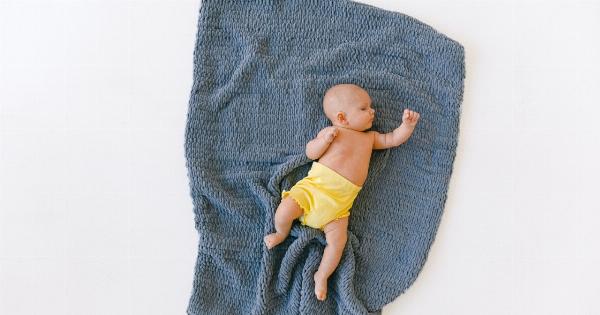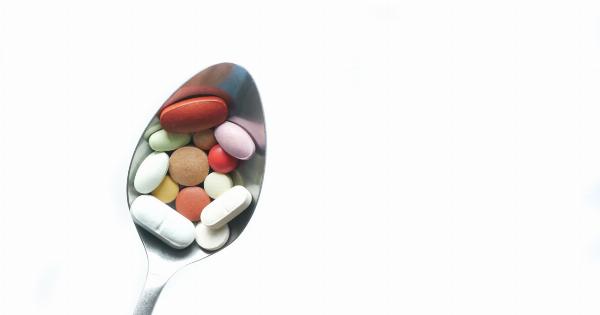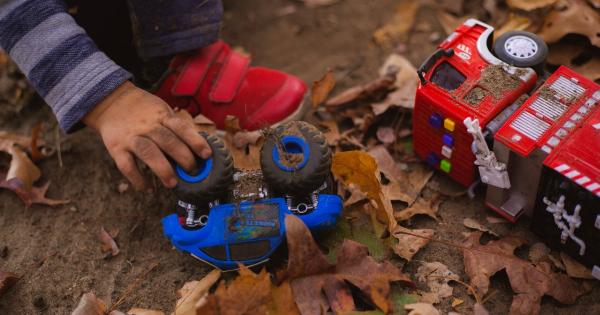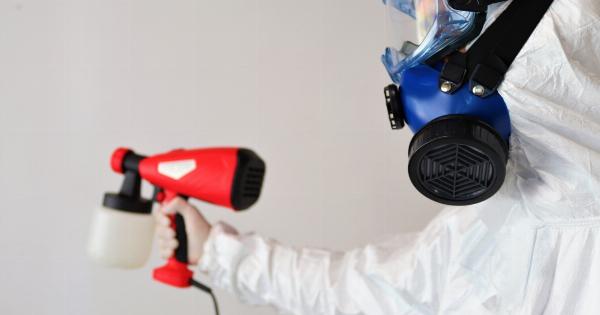Sleep is essential for maintaining good health and overall well-being. However, many factors can disrupt our sleep patterns, including chemicals found in everyday products such as cleaning supplies, personal care products, and even the food we eat.
Understanding how chemicals affect our sleep can help us make better choices and lead to better sleep habits.
1. Endocrine Disruptors
Endocrine disruptors are chemicals that interfere with the normal functioning of our hormones. Some chemicals found in common household items, such as plastics, can act as endocrine disruptors and have been associated with sleep disruptions.
For example, Bisphenol A (BPA), which is found in some plastic food containers and water bottles, has been linked to reduced melatonin production, a hormone that helps regulate sleep-wake cycles.
2. Flame Retardants
Flame retardants are commonly used in a variety of products, including electronics, furniture, and building materials. However, these chemicals can also disrupt our sleep patterns.
Studies have found that exposure to flame retardants, such as polybrominated diphenyl ethers (PBDEs), can decrease sleep quality and increase the likelihood of waking up during the night.
3. Pesticides
Pesticides are chemicals used to kill pests, but they can also have harmful effects on humans. Some pesticides, such as organophosphates, have been linked to sleep disturbances.
Exposure to these chemicals has been associated with reduced sleep duration and difficulty falling asleep.
4. Food Additives
Food additives are substances added to food to preserve flavor, texture, or color. However, some food additives can also disrupt our sleep patterns.
For example, monosodium glutamate (MSG), a commonly used food additive, has been linked to sleep disturbances such as insomnia and fragmented sleep.
5. Caffeine
Caffeine is a stimulant that can interfere with our ability to fall and stay asleep. While caffeine is found in coffee and tea, it is also present in some medications and certain foods, such as chocolate.
Ingesting caffeine too close to bedtime can lead to restlessness and difficulty falling asleep.
6. Alcohol
Alcohol is often used as a sleep aid, but it can actually disrupt our sleep patterns. While alcohol can help us fall asleep faster, it can also interfere with the quality of our sleep.
Studies have found that alcohol consumption can decrease rapid eye movement (REM) sleep, a stage of sleep that is important for memory consolidation and learning.
7. Nicotine
Nicotine is a stimulant found in tobacco products such as cigarettes and e-cigarettes. Like caffeine, nicotine can interfere with our ability to fall and stay asleep.
Studies have found that nicotine use can lead to fragmented sleep, decreased sleep duration, and difficulty falling asleep.
8. Prescription Medications
Prescription medications, such as antidepressants and beta-blockers, can also disrupt our sleep patterns. While these medications can be beneficial for treating medical conditions, they can also cause side effects such as insomnia and fragmented sleep.
9. Personal Care Products
Personal care products, such as shampoos, soaps, and lotions, often contain chemicals that can disrupt our sleep patterns. For example, some fragrances found in these products can cause headaches, which can interfere with our ability to fall asleep.
Additionally, some personal care products contain phthalates, which can act as endocrine disruptors and interfere with our hormone levels.
10. Air Fresheners
Air fresheners are commonly used to mask odors and improve the smell of our homes. However, many air fresheners contain chemicals that can disrupt our sleep patterns.
For example, some air fresheners contain phthalates, which can act as endocrine disruptors and interfere with our hormones. Additionally, some air fresheners contain volatile organic compounds (VOCs), which can cause headaches and other symptoms that can interfere with our ability to fall asleep.































